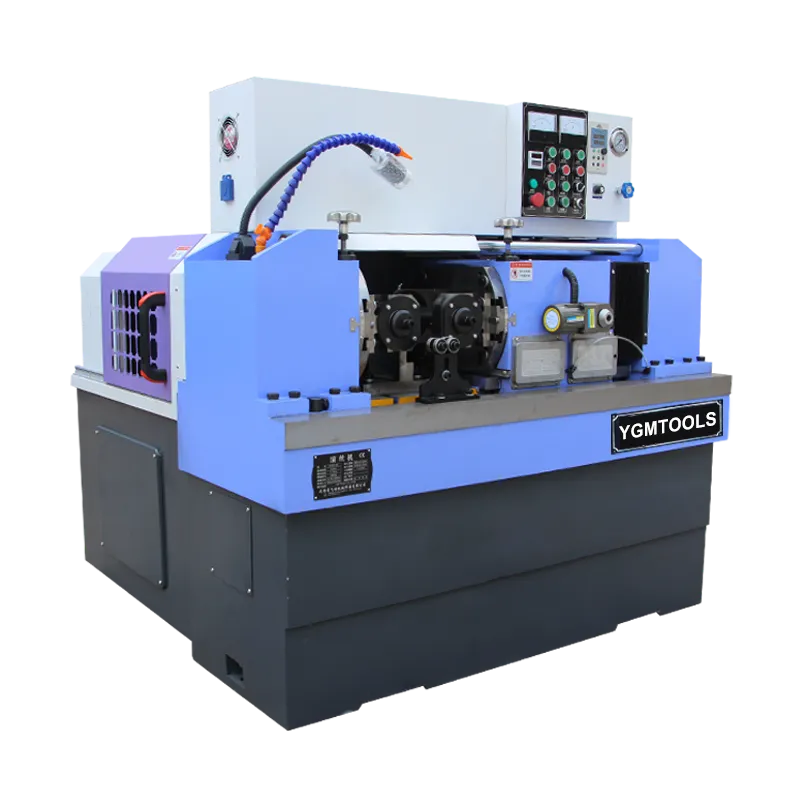
-
 Afrikaans
Afrikaans -
 Albanian
Albanian -
 Amharic
Amharic -
 Arabic
Arabic -
 Armenian
Armenian -
 Azerbaijani
Azerbaijani -
 Basque
Basque -
 Belarusian
Belarusian -
 Bengali
Bengali -
 Bosnian
Bosnian -
 Bulgarian
Bulgarian -
 Catalan
Catalan -
 Cebuano
Cebuano -
 Corsican
Corsican -
 Croatian
Croatian -
 Czech
Czech -
 Danish
Danish -
 Dutch
Dutch -
 English
English -
 Esperanto
Esperanto -
 Estonian
Estonian -
 Finnish
Finnish -
 French
French -
 Frisian
Frisian -
 Galician
Galician -
 Georgian
Georgian -
 German
German -
 Greek
Greek -
 Gujarati
Gujarati -
 Haitian Creole
Haitian Creole -
 hausa
hausa -
 hawaiian
hawaiian -
 Hebrew
Hebrew -
 Hindi
Hindi -
 Miao
Miao -
 Hungarian
Hungarian -
 Icelandic
Icelandic -
 igbo
igbo -
 Indonesian
Indonesian -
 irish
irish -
 Italian
Italian -
 Japanese
Japanese -
 Javanese
Javanese -
 Kannada
Kannada -
 kazakh
kazakh -
 Khmer
Khmer -
 Rwandese
Rwandese -
 Korean
Korean -
 Kurdish
Kurdish -
 Kyrgyz
Kyrgyz -
 Lao
Lao -
 Latin
Latin -
 Latvian
Latvian -
 Lithuanian
Lithuanian -
 Luxembourgish
Luxembourgish -
 Macedonian
Macedonian -
 Malgashi
Malgashi -
 Malay
Malay -
 Malayalam
Malayalam -
 Maltese
Maltese -
 Maori
Maori -
 Marathi
Marathi -
 Mongolian
Mongolian -
 Myanmar
Myanmar -
 Nepali
Nepali -
 Norwegian
Norwegian -
 Norwegian
Norwegian -
 Occitan
Occitan -
 Pashto
Pashto -
 Persian
Persian -
 Polish
Polish -
 Portuguese
Portuguese -
 Punjabi
Punjabi -
 Romanian
Romanian -
 Russian
Russian -
 Samoan
Samoan -
 Scottish Gaelic
Scottish Gaelic -
 Serbian
Serbian -
 Sesotho
Sesotho -
 Shona
Shona -
 Sindhi
Sindhi -
 Sinhala
Sinhala -
 Slovak
Slovak -
 Slovenian
Slovenian -
 Somali
Somali -
 Spanish
Spanish -
 Sundanese
Sundanese -
 Swahili
Swahili -
 Swedish
Swedish -
 Tagalog
Tagalog -
 Tajik
Tajik -
 Tamil
Tamil -
 Tatar
Tatar -
 Telugu
Telugu -
 Thai
Thai -
 Turkish
Turkish -
 Turkmen
Turkmen -
 Ukrainian
Ukrainian -
 Urdu
Urdu -
 Uighur
Uighur -
 Uzbek
Uzbek -
 Vietnamese
Vietnamese -
 Welsh
Welsh -
 Bantu
Bantu -
 Yiddish
Yiddish -
 Yoruba
Yoruba -
 Zulu
Zulu
Advanced Solutions for Precision Thread Rolling Machinery to Enhance Production Efficiency and Quality
The Importance of High-Quality Thread Rolling Equipment
In the modern manufacturing landscape, precision and efficiency are paramount, particularly in industries where threaded fasteners play a critical role. The demand for high-quality thread rolling equipment has surged as businesses seek to enhance their production capabilities, reduce waste, and ensure consistent product quality. This article delves into the significance of utilizing high-quality thread rolling equipment and how it can benefit manufacturers.
Understanding Thread Rolling
Thread rolling is a cold-forming process that creates threads on a workpiece by reshaping the material rather than removing it. This deformation process results in stronger threads due to the work-hardening of the material. Thread rolling is often preferred over traditional machining methods for producing large volumes of fasteners due to its ability to create intricate shapes with superior surface finishes and dimensional accuracy.
Benefits of High-Quality Thread Rolling Equipment
1. Precision and Consistency High-quality thread rolling machines are engineered to provide exceptional precision. This precision ensures that each threaded item meets stringent specifications, which is crucial in industries such as aerospace, automotive, and construction. Consistent quality reduces the risk of defects, ultimately enhancing the manufacturer's reputation and customer satisfaction.
high quality thread rolling equipment

2. Increased Production Efficiency In the competitive landscape of manufacturing, efficiency can be a decisive factor. High-quality thread rolling equipment is designed for quick setups and faster cycle times. As a result, manufacturers can produce a greater volume of threaded parts in less time, leading to improved overall productivity. The automated features of modern machines also minimize manual intervention, further streamlining operations.
3. Cost-Effectiveness While the initial investment in high-quality thread rolling equipment may be higher than that for lower-quality alternatives, the long-term savings can be significant. High-quality machines tend to have a longer lifespan and require less maintenance, reducing downtime and repair costs. Additionally, the enhanced efficiency and reduced material waste associated with better machinery can lead to substantial financial savings.
4. Versatility Modern thread rolling machines come equipped with advanced features that allow for the production of a variety of thread sizes and styles. This versatility means that manufacturers can adapt to changing market demands without the need for extensive retooling or investment in additional machinery. Businesses can explore new product lines, thus expanding their market reach and potential revenue streams.
5. Quality of Final Products The quality of fasteners and threaded components produced using high-quality thread rolling equipment is invariably superior. These components exhibit enhanced durability and resistance to wear, which is vital in high-stress applications. Higher-quality outputs not only satisfy customer requirements but also lead to fewer warranty claims and returns.
Conclusion
In conclusion, the significance of high-quality thread rolling equipment in manufacturing cannot be overstated. With benefits that include precision, efficiency, cost-effectiveness, versatility, and a higher quality of final products, investing in superior machines is essential for businesses aiming to remain competitive in today’s fast-paced market. As manufacturing technologies continue to evolve, companies that prioritize high-quality thread rolling processes will be better positioned to meet the demands of their customers and drive innovation in their respective industries. Investing in high-quality equipment is not merely an operational decision but a strategic move that can define a company’s success.
